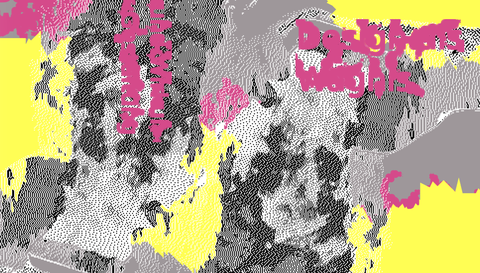19.03.2024
Johanna Mehl @ DGTF 2024: Hazarding Design / April 26
Hazarding Design – Risks and consequences of design
DGTF annual conference 26.–27.04.2024 in Lucerne/Switzerland
https://designalswagnis.dgtf.de
"Design, in turn, is by no means a neutral, universally applicable tool; it’s a situated “socio-material practice” (Mareis, Paim, p. 11 f.) strongly influenced by white, male worldviews, which inscribes itself in stakeholder networks and societies (ibid., p. 11). Thus, design interventions inevitably create new constellations and thus unforeseen consequences. Design is more than a concrete answer to static problems, deeper than a quick fix. Designers produce meanings (Krippendorff, 2006), find themselves enmeshed in the negotiation processes of actor networks (Latour, 1996) and develop contributions for new ways of coexisting in the field of tension between pragmatism and utopia (Fezer, 2013). These considerations lead to the central questions of the 2024 DGTF conference: What effects does design actually have? How does design achieve an impact and how do we deal with the consequences of design?"
Something Wicked This Way Comes.
A Problematic Paradigm for Design in Times of Crisis
Johanna Mehl's paper offers a close reading of Horst Rittel’s and Melvin Webber’s often cited, yet rarely challenged and historically situated publication on wicked problems “Dilemmas in a General Theory of Planning,” published in 1973. Her aim is to (1) lay out the consequences of understanding problems of social policy as wicked — a quality that evades naming actors responsible and marks problems as inevitable and unknowable and (2) historicize some of the assumptions that developed under the rubric of wickedness by examining the political, social, and cultural conditions in which wicked problems were conceived. She is invested in a denaturalization of design fixes as a predominant design response to crisis by contemplating the (unintended) consequences of adopting wickedness as a design paradigm.

